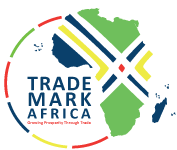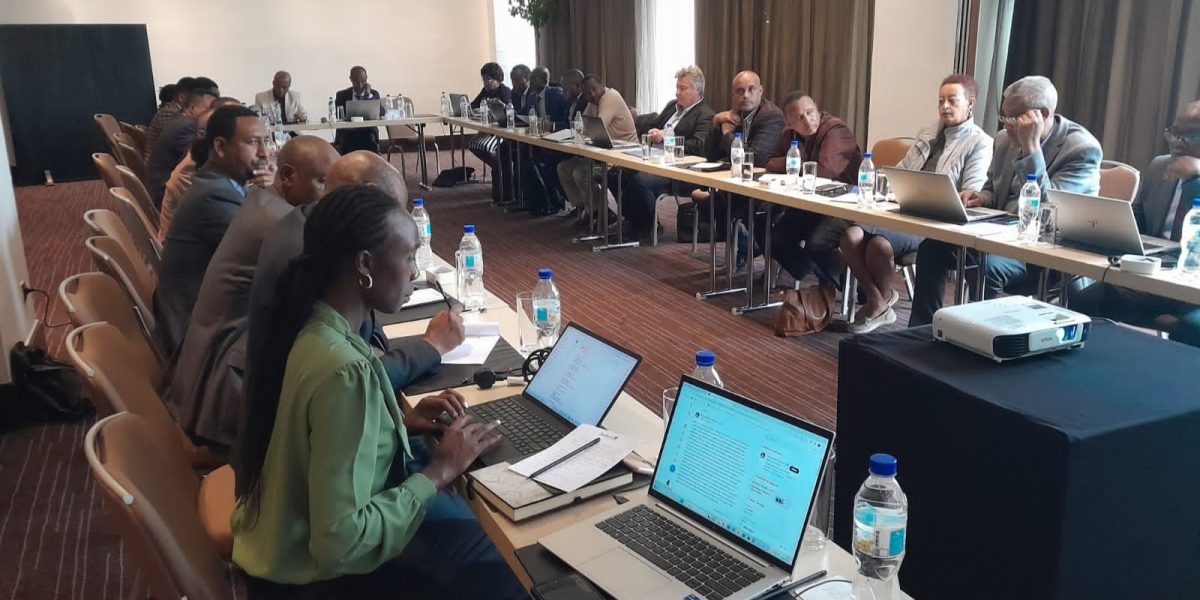The adoption of the pre-feasibility study by Ethiopia and Kenya, focusing on the Ethiopia-Mombasa and Ethiopia-Lamu sections of the Lamu Port, South Sudan, Ethiopia Transport (LAPSSET) Corridor represents a critical milestone in fostering inclusive socio-economic development in the region. Funded by USAID-ERRA, the study assessed and identified potential trade opportunities, key trade barriers, strategic policies, and institutional frameworks necessary to develop this corridor beyond a transit and transport corridor.
The study also casts a spotlight on the dynamics of formal bilateral trade between Ethiopia and Kenya. In identifying friction points like excessive tariffs and Non-Tariff Barriers (NTBs), it sets the groundwork for smoother trade flows. This is crucial for fostering a robust economic relationship between the two countries, enhancing regional cooperation and economic stability. Furthermore, the study delves into the often-overlooked realm of local and informal cross-border trade. By examining the drivers and challenges of this sector and proposing avenues for formalization like the Simplified Trade Regime (STR), it paves the way for empowering small-scale traders. This focus is essential for promoting inclusive growth, gender and social equality, and food security.
The significance of this study extends to addressing climate change by proposing alternative sea routes that not only reduce the environmental impact but also cut down on transportation and trade logistics costs. This aspect is critical in elevating the competitiveness of the region’s traded goods and aligning with global environmental sustainability goals.
Key recommendations from the study included:
- Implementing and raising awareness of the STR between Ethiopia and Kenya amongst small-scale cross-border traders.
- Establishing business-to-business (B2B) relationships in sectors with potential for bilateral trade;
- Harmonizing customs and trade facilitation protocols; and
- Establishing a joint Ethiopia-Kenya Corridor Development Commission and the Transport Corridor Coordinating Committee to serve as a bilateral forum for addressing concerns.
The study’s findings will inform USAID-ERRA’s interventions to develop the corridor, aligning with USAID-ERRA’s broader mission to enhance regional integration and facilitate trade while championing environmentally sustainable approaches. The validation meeting involved the participation of key stakeholders, including the LAPSSET secretariat, representatives from the governments of Ethiopia and Kenya, and the private sector.

